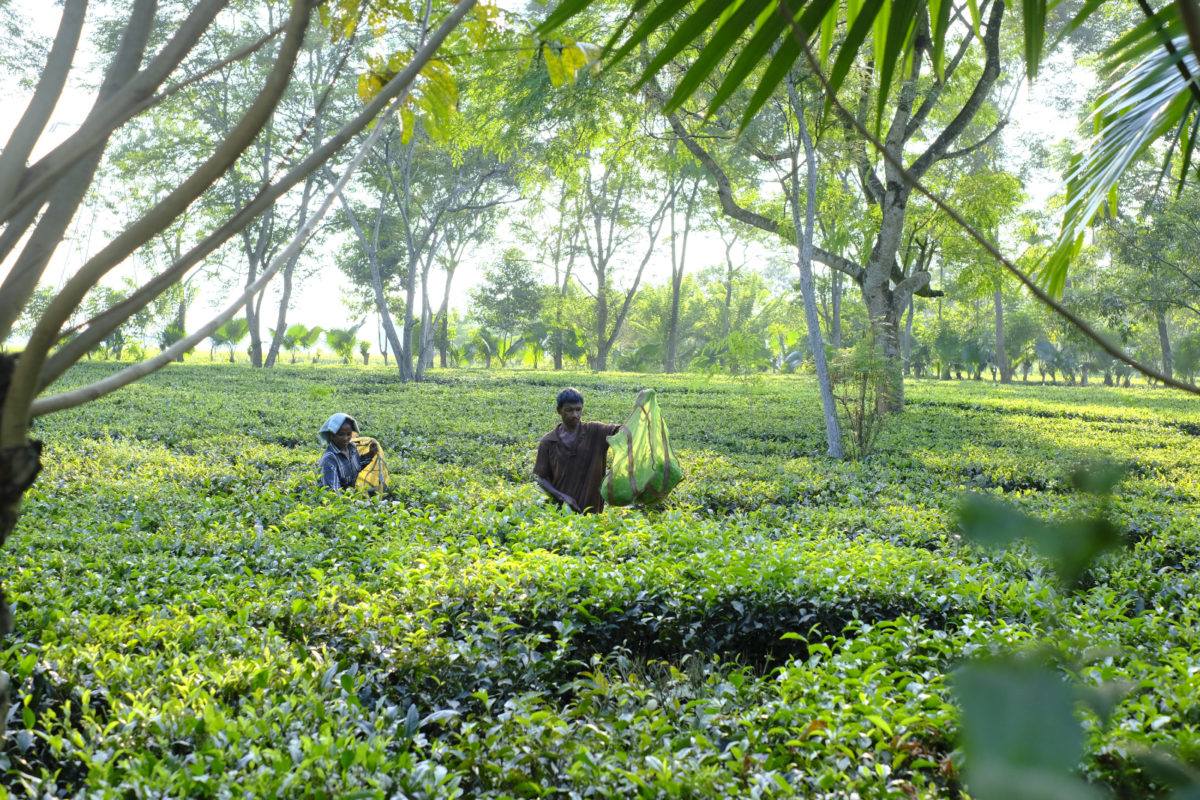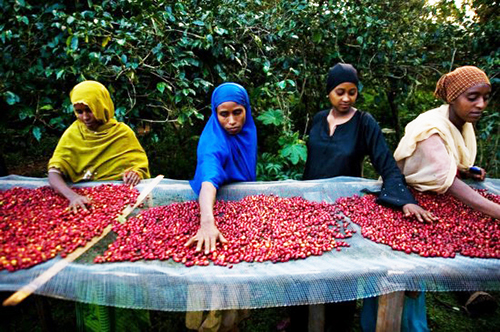Assam black tea production sustainable development story Assam fine black tea famous tea garden introduction
In a world where marketing and capitalism are given priority (especially as consumers), we can easily become victims (and criminals) of potential ethnic or environmental tourism, which has a harmful impact on the local community. Folk tea is dedicated to improving transparency, including the option to visit the farm. How does such a visit ensure that both sides respect each other in maintaining the biosphere while respecting cultural traditions? Subhasish: first of all, mutual respect is very important, otherwise we can't say it's sustainable. "Sustainability" is a large and broad term that is difficult to define. Mutual respect is that when people approach us to visit, they first learn about the area; we give them the entire schedule-this is not the place to relax in the room service room overlooking the beautiful tea garden. No, no. In our schedule, everything needs to be done by visitors so that you can correctly experience where they are. This place has its own rules made by the local villagers. The most basic thing is to respect rules, customs and local traditions. When we accept what exists, we respect it.

In many places, tourists come, litter everywhere, disrespect the local people, this is where you see capitalism in tourism-this is what we try to avoid. Instead, we will hold seminars around tea, people, location and culture. Through such workshops, we have established mutual respect between tourists and places. Unless tourists know these people and related cultures, how can they respect them? So before someone comes to visit, we will provide them with information about people, race, local beliefs and so on, so that they will have an intuitive understanding of where they are going and the people there. The location is simple. This is a kind of ecological accommodation where people can live in the grower's house, in a nearby farmhouse, or in a Buddhist temple. The monastery is a very natural and peaceful place. Visitors can taste "local ethnic cuisine", according to the website. "can you tell us something about the local residents? How do locals benefit from tea garden exchanges? "Subhasish: during our visit to the farm, we have one night, visitors will participate in the production of community dinners, where they will be exposed to different ingredients, cooking skills and cultural dialogue. If you are new to a place, food is one of the first tangible cultures you will see, and we want our guests to explore it attentively. The idea of a community dinner is to let visitors know what people eat in this part of the country. As a delicacy, Northeast cuisine is almost non-existent in mainland India. All growers of folk tea do not rely solely on the tea market. In addition to tea gardens, they also grow vegetable gardens for personal consumption and can also be sold in the local market. When a person or group comes to visit, they can pick the vegetables they want to eat. This helps to initiate dialogue and exchanges that allow us to understand different cultures from India and abroad. Lunch and dinner are held by growers, so everything is kept, connected and convenient, bringing people to farmers. They benefit from it because it connects farmers with the outside world. Then when someone comes, take a picture or video, and post it, it also helps to raise the awareness of growers, their names, and what they are doing. This is a very important communication for growers and children because they learn a lot from visitors. All our gardens are in the village, and most of them are Assam, so the lingua franca is Assam. Because of this communication, children learn to speak Hindi and English very well, although Hindi is not the language of communication in the region.
Important Notice :
前街咖啡 FrontStreet Coffee has moved to new addredd:
FrontStreet Coffee Address: 315,Donghua East Road,GuangZhou
Tel:020 38364473
- Prev

What are the steps of sun treatment? What are the characteristics of sun treatment? Basic knowledge of coffee flavor performance of sun treatment.
Whether a coffee bean tastes good or not depends on three places: growing environment, treatment process, and baking. What we are going to talk about today is its treatment process, which has always been an important part of coffee. As a process of shelling and taking beans, different treatment methods and quality will directly affect the final flavor of coffee. I'm coming next.
- Next

The world's top ten delicious coffee the handling of Ethiopian boutique coffee beans. What on earth is the sun treatment?
70% of the coffee fruits in Ethiopia are treated by the sun. Compared with the water washing method, the sun treatment method is more suitable for coffee farmers with low income, which can be carried out in their own courtyards, roofs and even by the side of the road. this method is simple and rough, and a self-employed suntan method is generally for domestic consumption.
Related
- Beginners will see the "Coffee pull flower" guide!
- What is the difference between ice blog purified milk and ordinary milk coffee?
- Why is the Philippines the largest producer of crops in Liberia?
- For coffee extraction, should the fine powder be retained?
- How does extracted espresso fill pressed powder? How much strength does it take to press the powder?
- How to make jasmine cold extract coffee? Is the jasmine + latte good?
- Will this little toy really make the coffee taste better? How does Lily Drip affect coffee extraction?
- Will the action of slapping the filter cup also affect coffee extraction?
- What's the difference between powder-to-water ratio and powder-to-liquid ratio?
- What is the Ethiopian local species? What does it have to do with Heirloom native species?

